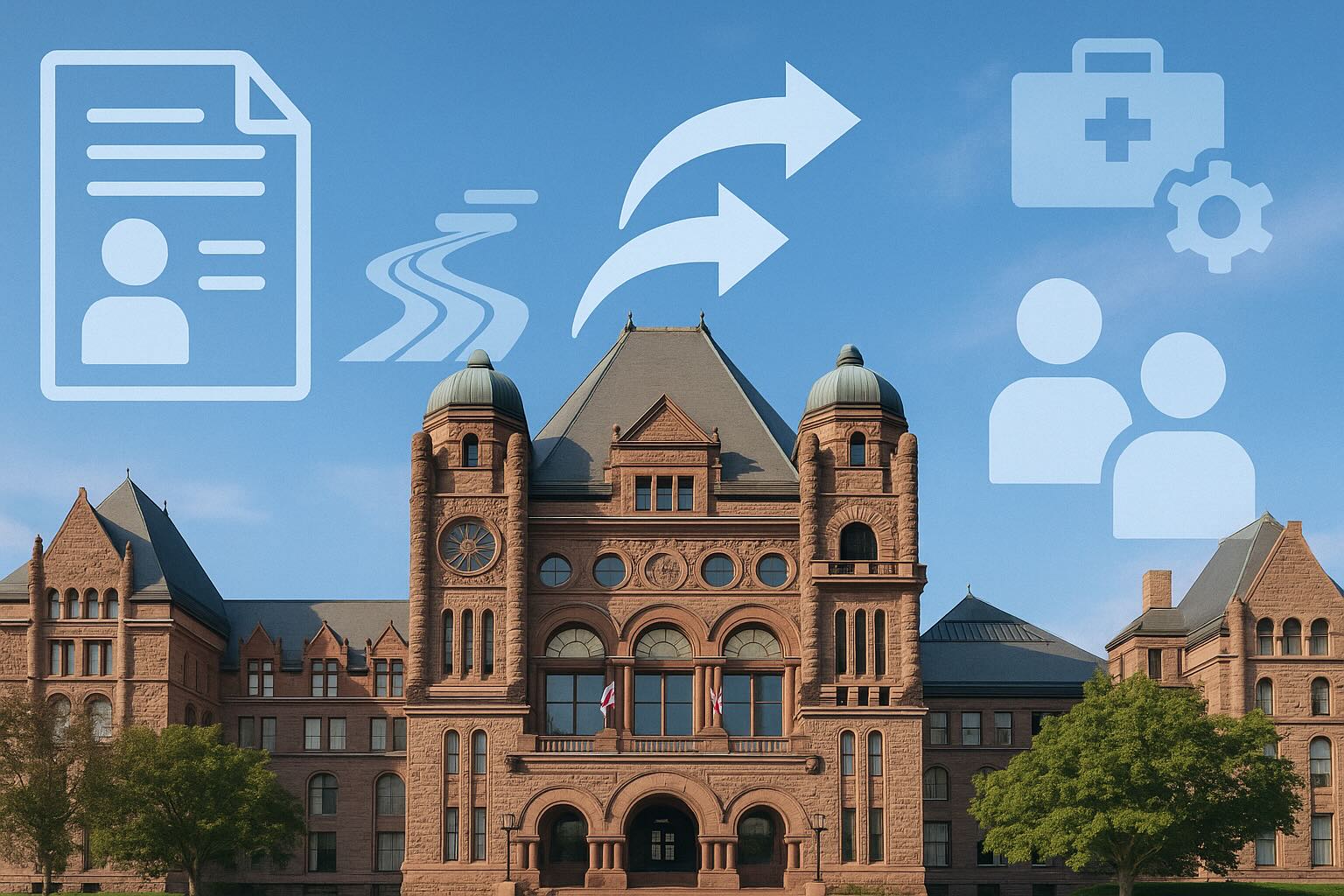Details of the Policy Changes
According to the latest IRCC announcement, starting January 21, 2025, only international students meeting one of the following criteria will have their spouses or common-law partners eligible to apply for a family Open Work Permit (OWP):
- Enrolled in a master’s program lasting 16 months or more
- Enrolled in a doctoral program
- Enrolled in specific undergraduate programs, including
- Doctor of Dental Surgery
- Bachelor of Law or Juris Doctor
- Doctor of Medicine
- Doctor of Optometry
- Pharmacy
- Doctor of Veterinary Medicine
- Bachelor of Science in Nursing
- Bachelor of Nursing Science
- Bachelor of Nursing
- Bachelor of Education
- Bachelor of Engineering
Previously, spousal OWP eligibility was not contingent on the duration of the master’s program, making the application process significantly harder for short-term master’s programs.
For spouses or common-law partners of foreign workers holding work permits, OWP eligibility will be limited to the following occupational categories:
- Occupations classified under TEER 0 and TEER 1
- Specific TEER 2 or TEER 3 occupations, including
- Natural and applied sciences
- Construction
- Healthcare
- Natural resources
- Education
- Sports
- Military sectors
IRCC will release the complete list of eligible TEER 2 and TEER 3 occupations on January 21, 2025.
Additionally, when spouses apply for an OWP, the foreign worker must have a work permit valid for at least 16 months. Furthermore, children of foreign workers will no longer be eligible to apply for family OWPs.
Renewal Mechanism for Existing OWPs
OWPs issued before the policy change will remain valid. If, under the previous policy, a spouse’s OWP has a shorter validity than the principal applicant’s study or work permit, it can be renewed to match the duration of the principal applicant’s permit.
Exemptions
The new restrictions do not affect spouses and common-law partners of foreign workers covered by Free Trade Agreements (FTAs). Additionally, spouses or common-law partners who have applied for permanent residence (PR) through their Canadian partner and currently hold a valid temporary status in Canada can still apply for a spousal Open Work Permit (SOWP).
Background and Impact
In September 2024, IRCC announced its plan to restrict family OWPs. Immigration Minister Marc Miller stated that this reform aims to address housing supply and affordability challenges caused by the high number of temporary residents. The change is expected to reduce the issuance of family OWPs by approximately 50,000 to 100,000 per year.
OWPs are highly favored for their flexibility, allowing holders to work for most employers across Canada without needing a specific employer sponsorship. They are particularly popular among international students and foreign workers’ families. However, the new policy will make it more challenging for many families to secure OWPs, significantly impacting Canada’s international education and immigration markets.
Conclusion
As the Canadian government gradually tightens policies for temporary residents, the new restrictions on family OWPs will undoubtedly have a significant impact on international students and foreign workers. Applicants are advised to closely monitor policy updates and plan their future study and work arrangements accordingly.









